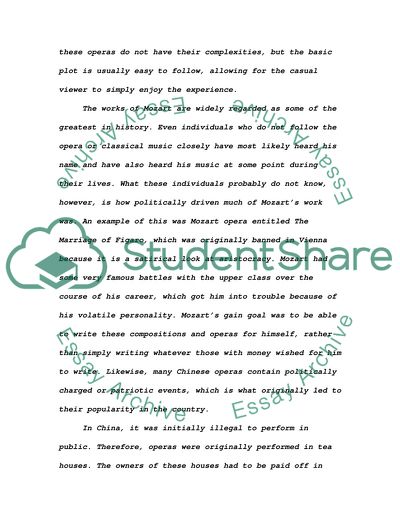Cite this document
(“Mozart Operas and Pre-Revolution Chinese Operas Contain Surprising Article”, n.d.)
Mozart Operas and Pre-Revolution Chinese Operas Contain Surprising Article. Retrieved from https://studentshare.org/music/1545380-mozart-operas-and-pre-revolution-chinese-operas-contain-surprising-relationship
Mozart Operas and Pre-Revolution Chinese Operas Contain Surprising Article. Retrieved from https://studentshare.org/music/1545380-mozart-operas-and-pre-revolution-chinese-operas-contain-surprising-relationship
(Mozart Operas and Pre-Revolution Chinese Operas Contain Surprising Article)
Mozart Operas and Pre-Revolution Chinese Operas Contain Surprising Article. https://studentshare.org/music/1545380-mozart-operas-and-pre-revolution-chinese-operas-contain-surprising-relationship.
Mozart Operas and Pre-Revolution Chinese Operas Contain Surprising Article. https://studentshare.org/music/1545380-mozart-operas-and-pre-revolution-chinese-operas-contain-surprising-relationship.
“Mozart Operas and Pre-Revolution Chinese Operas Contain Surprising Article”, n.d. https://studentshare.org/music/1545380-mozart-operas-and-pre-revolution-chinese-operas-contain-surprising-relationship.


